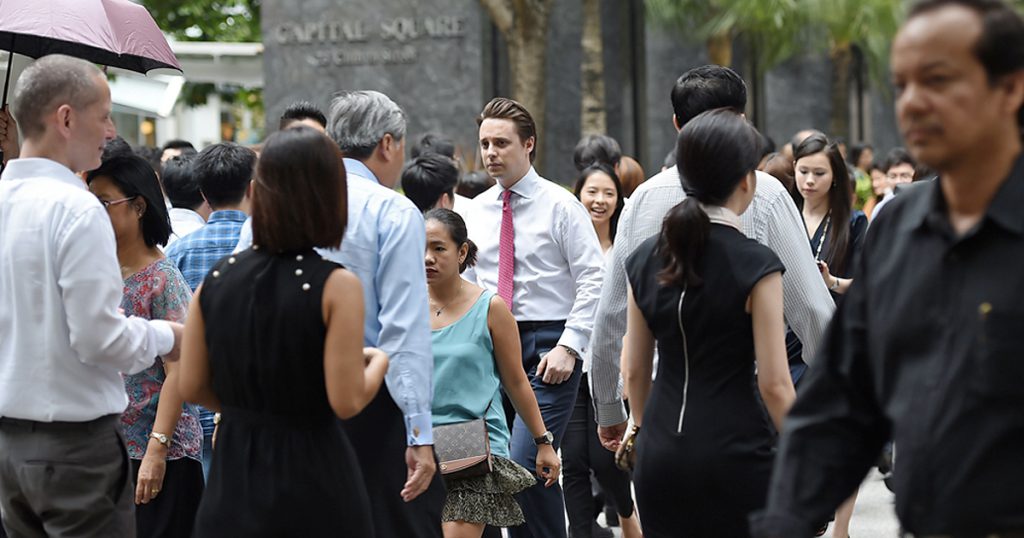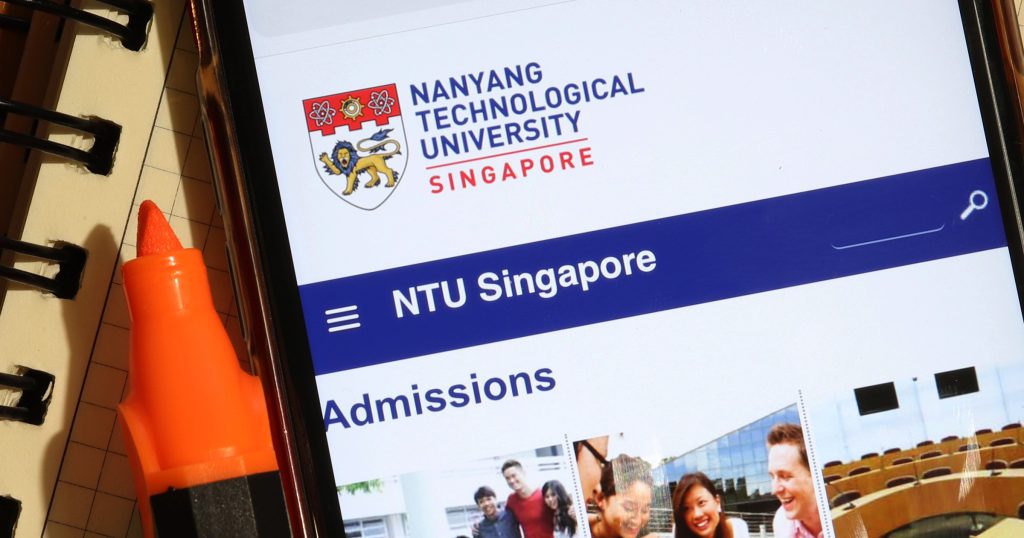- From July 2019, Singapore companies that want to hire foreign workers must pay their local employees a minimum of $1,300 a month.
- The maximum percentage of foreign employees a firm can have among its full workforce will be tightened to 35%, for companies in the services sector.
- The Fair Consideration Framework currently has 350 Singapore companies under watch for practices of unfairly hiring foreigners over locals.
During the Committee of Supply debate on Tuesday, 5 March 2019, Manpower Minister Josephine Teo announced a raise in the local qualifying salary for companies that wish to hire foreigners in Singapore.
The local qualifying salary is the minimum monthly wage firms must pay their local employees, if they want to hire foreigners as well.
In July this year, it will be raised up to $1,300 from the current $1,200.
Mrs Teo says the cost impact on firms will be small, similar to previous adjustments made after the last review in 2017, which has seen the minimum threshold raised by $100 year on year.
The local qualifying salary was increased from $1,000 to $1,100 in July 2017, and then from $1,100 to $1,200 in July 2018.
Aside from citing rising local wages as a factor in the ministry’s decision, Teo also talked about upcoming cuts to the quota for foreign workers in the services sector, as Finance Minister Heng Swee Keat mentioned during the Budget 2019 speech.
Mr Heng said that the Dependency Ratio Ceiling (DRC), which sets the maximum percentage of foreign workers a company can hire out of its total workforce, will be tightened to 35% in the services sector by 2021.
It will be carried out progressively so that firms have adequate time to adapt, reducing the threshold from 40% to 38% on 1 January 2020, and subsequently to 35% on 1 January 2021.
The change in DRC will only be applied to the services sector, where Mrs Teo says “most restructuring is needed”.
Addressing concerns that some firms will face challenges in recruiting more locals, she says, “There’s no question in my mind [that] we will continue to need foreign manpower in services, but over-reliance carries risks and is not sustainable.”
She goes on to suggest that we, as a society, shouldn’t accept that jobs in services are unattractive to locals, but that effort should be invested in uplifting these types of jobs to become more appealing instead.
Companies that need support in adapting to the upcoming foreign worker policy changes will be able to get help from the Enterprise Development Grant (EDG) and Productivity Solutions Grant (PSG), which are both extended to 31 March 2023.
The EDG provides firms with up to 70% government funding for projects to strengthen their business capabilities, improve operational efficiencies, and internationalise.
With the PSG, firms can apply to subsidise their remaining out-of-pocket employee training expenses that are not already covered by over government subsidies, for up to 70%, capped at $10,000 per enterprise.
MOM Scrutinises Firms That Unfairly Hire FTs Over S’poreans
In a bid to ensure Singaporeans’ opportunities are protected in the workforce, the Fair Consideration Framework (FCF) was introduced in 2014.
It currently has 350 companies on its watchlist for unfairly hiring foreigners over Singaporeans, while 260 others were taken off the list after improving their practices.
Mrs Teo said that the remaining 350 businesses come from all sectors, but those with the most firms on the watchlist are administrative and support services, education, information and communications, professional services, and wholesale trade.
These firms will continue to be under closer scrutiny from the Ministry of Manpower (MOM), which will assess their Employment Pass applications more strictly.
Under these measures, 2,300 Employment Pass applications were withdrawn by employers or rejected by MOM since 2016.
Mrs Teo encourages firms to work together with the Tripartite Alliance for Fair and Progressive Employment Practices (Tafep) to improve their human resource practices and hire more locals.
“Employers who are fair to locals need not worry, but if they are not, please understand why we don’t accept [your appeals to be taken off the watchlist],” she says.
Featured Image Credit: RedWire












